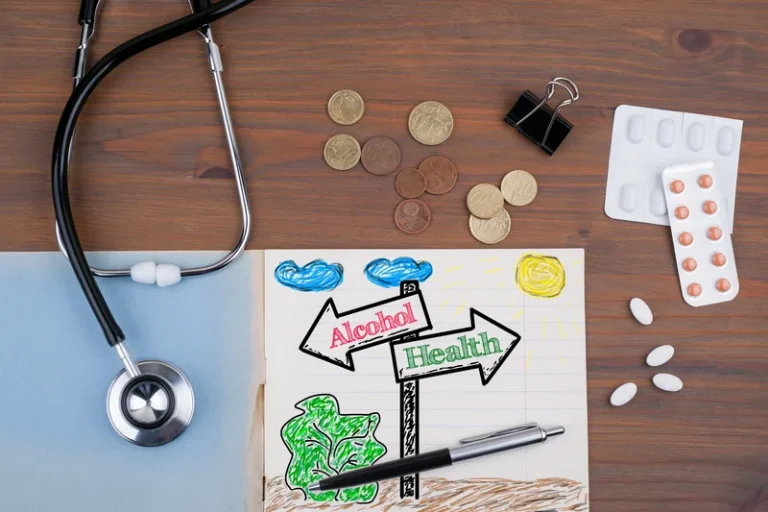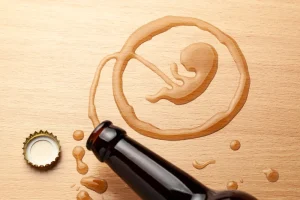
If you do not have an alcohol use disorder (AUD), here are some steps you should take. Sleep apnea is a common sleep disorder that causes breathing disruptions during sleep. In some cases, a person’s brain doesn’t send the right signals to control their breathing drug addiction treatment during sleep.
- Like nearly all of the body’s organs, the liver functions according to circadian rhythms.
- This form of insomnia can leave you feeling under-rested, even after what should have been a full night of restful, restorative sleep.
- I’m going to flashback to high school biology class really quickly and explain what REM is.
- It can disrupt sleep patterns, increase the risk of sleep apnea, and worsen insomnia.
- Studies indicate an evening of heavy drinking leads to a significant reduction in REM sleep during the first half of the night.
- First, alcohol affects everyone differently because of a slew of factors, like age, biological sex, and body composition, just to name a few.
More in Sleep Health
Unsurprisingly, studies of people with insomnia have also found that heavy alcohol use exacerbates insomnia. People who wake up feeling unrefreshed may be more likely to rely on alcohol again to help them sleep the next night, leading to a counterproductive pattern of alcohol use. Alcohol potentially causes a shorter overall sleep time and disrupted sleep, which lead to next-day fatigue and sleepiness. The more alcohol you drink, the greater the negative effects on your sleep.
- Sunnyside uses a psychology-based approach to help you drink more mindfully, no matter what your goal is.
- Many moderate alcohol users also drink before sleep if they suffer from insomnia.
- Alcohol is highly effective at suppressing melatonin, a key facilitator of sleep and regulator of sleep-wake cycles.
- Alcohol can have a sedative or stimulant effect depending on the dose and the time between drinking and bedtime.
Alcohol-induced sleep disorders
- People who typically snore or who have obstructive sleep apnea tend to display more severe snoring and lower blood oxygen levels after drinking alcohol, especially when they drink close to bedtime.
- It may increase the likelihood of waking up in the middle of the night, resulting in grogginess the next morning.
- People with insomnia often wake up tired and struggle with poor memory or concentration.
- However, once the body realizes it’s had too much slow wave sleep, the homeostatic drive compensates by allowing us less deep sleep in the second half of the night.
While prevention is the best cure when it comes to hangovers, you don’t have to be a teetotaler to make sure that alcohol doesn’t ruin your sleep or your morning. Here are a few hangover prevention tips that can help you feel bright-eyed and bushy-tailed when morning comes, even after your nightcap. After a few hours of sleep, alcohol can cause you to wake up and have a difficult time going back to sleep. She added that incorporating relaxation techniques, avoiding stimulating activities before bed and limiting naps can greatly improve sleep quality as well as exercising regularly. Additionally, combining alcohol with other medications taken at bedtime could intensify its calmative effects, potentially leading to injuries if you get out of bed during the night, Conroy said. While a higher dose of alcohol generally makes it easier to fall asleep, it also increases the likelihood of waking up in the middle of the night, Conroy said.

When Should I Stop Drinking Before Bed?
- While alcohol may make you fall asleep faster, the quality of your rest is significantly compromised, which is why quitting drinking often leads to better sleep.
- Consuming two servings of alcohol per day for men and one serving for women can reduce sleep quality by 9.3%.
- You probably enjoy the occasional glass of wine with dinner or cocktail with friends, but did you know that even light alcohol consumption can negatively impact your sleep?
- Studies show drinking can exacerbate this problem in people with sleep apnea and those at risk of developing it.
- Subjects who reported that they exercised 3 times or more per week were defined as regular exercisers.
Alcohol can increase the quantity of non-REM sleep during the first half of the night, but it decreases REM sleep in the second half. CBTi, as offered by Sleepstation, could help if you’re experiencing alcohol-induced insomnia. These impairments could mean the danger signs related to substance use — and excess alcohol consumption — are missed.

Finally, regular drinking has been linked to insomnia and other sleep disorders, especially later in life. As your body metabolizes the alcohol and the sedative does alcohol help you sleep effects wear off, it can interfere with your circadian rhythm, and cause you to wake up frequently or before you’re properly rested. During a normal night of sleep, we cycle through periods of light sleep, deep sleep, and rapid eye movement (REM) sleep.
